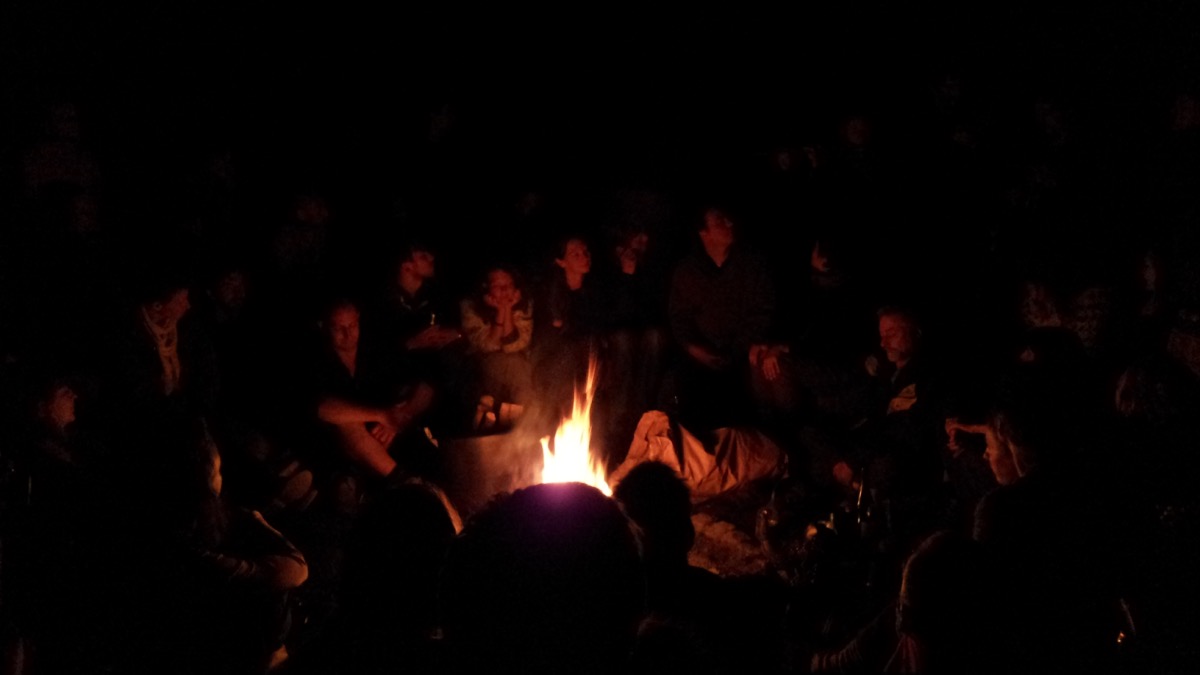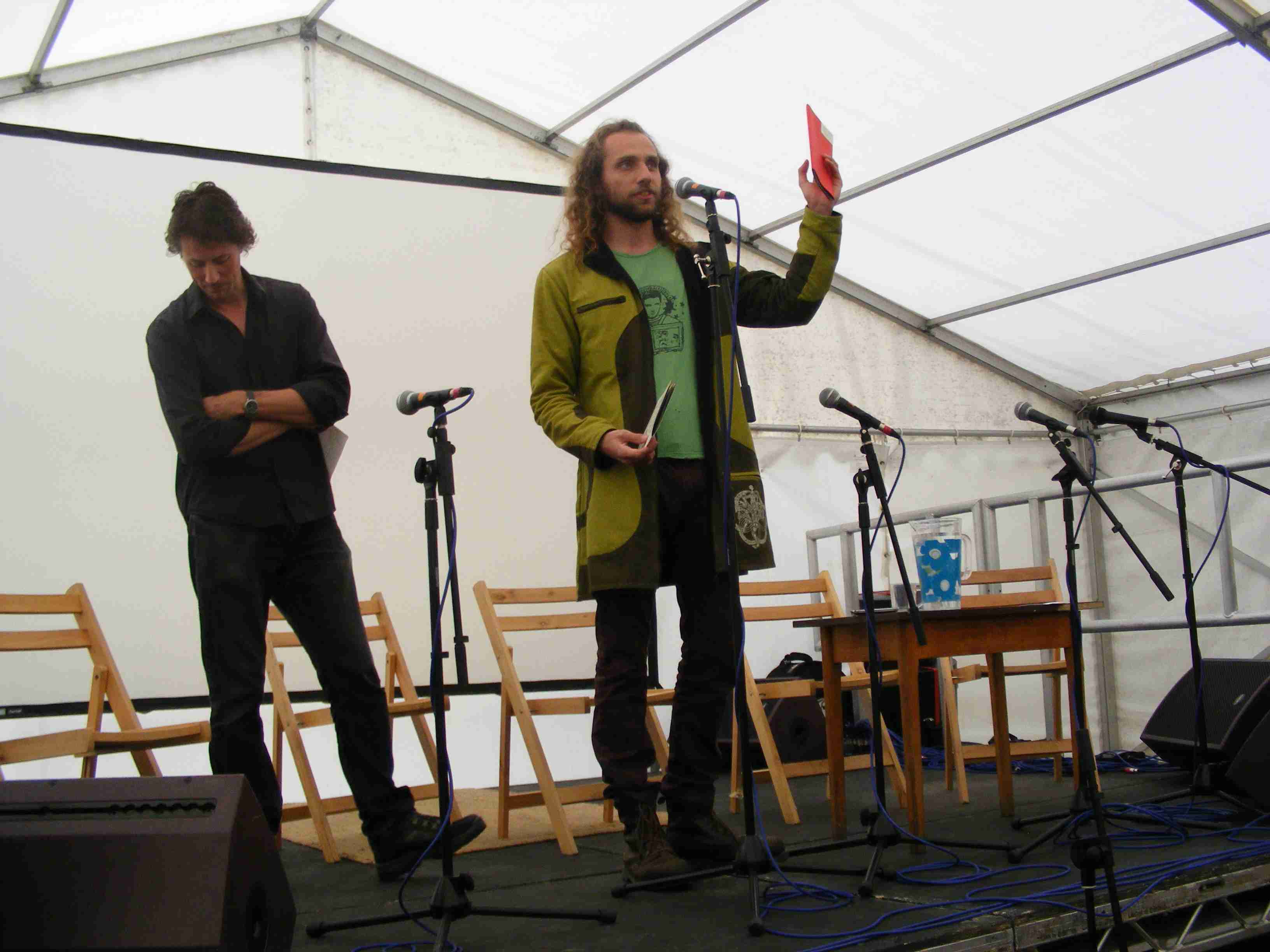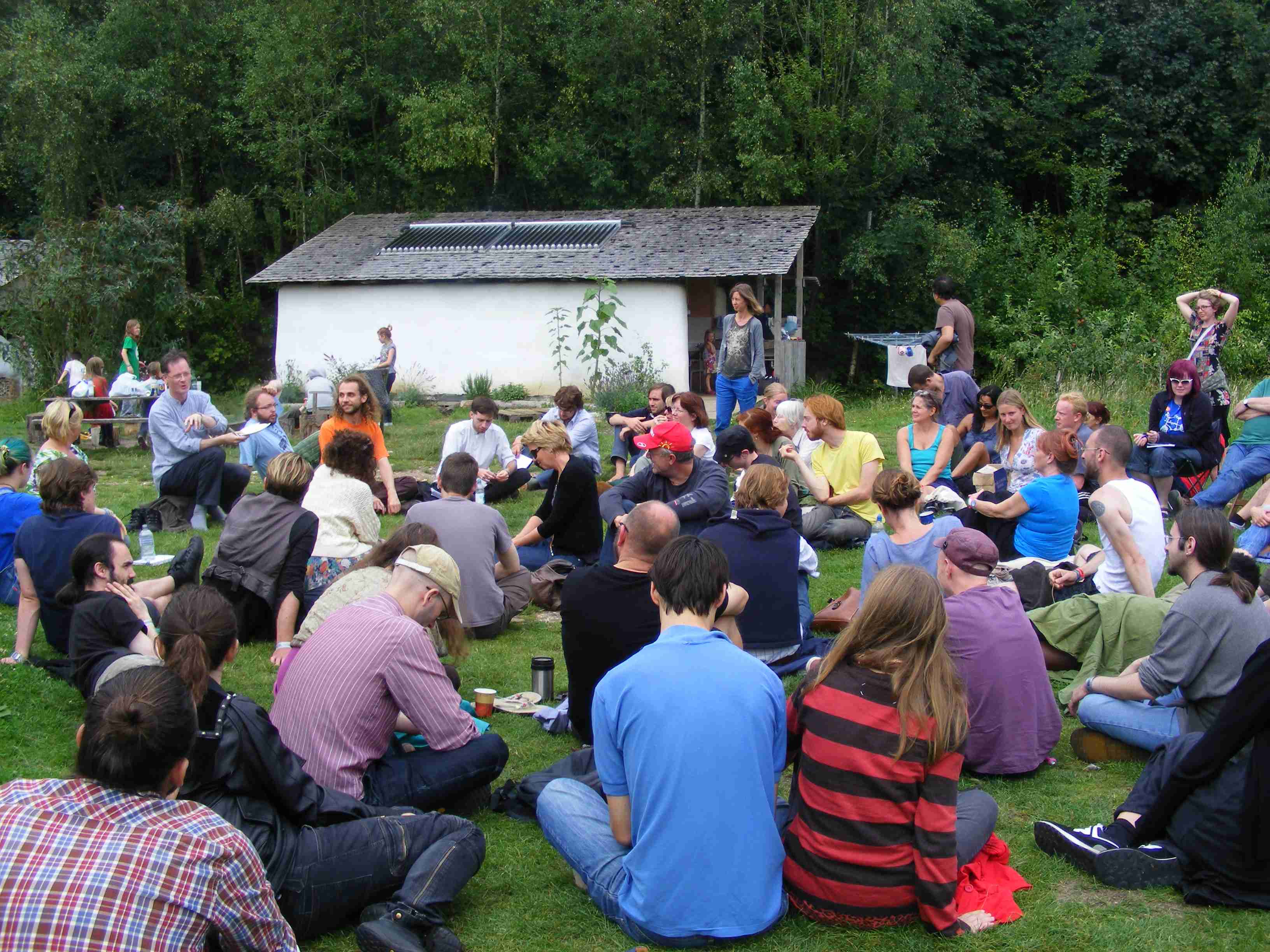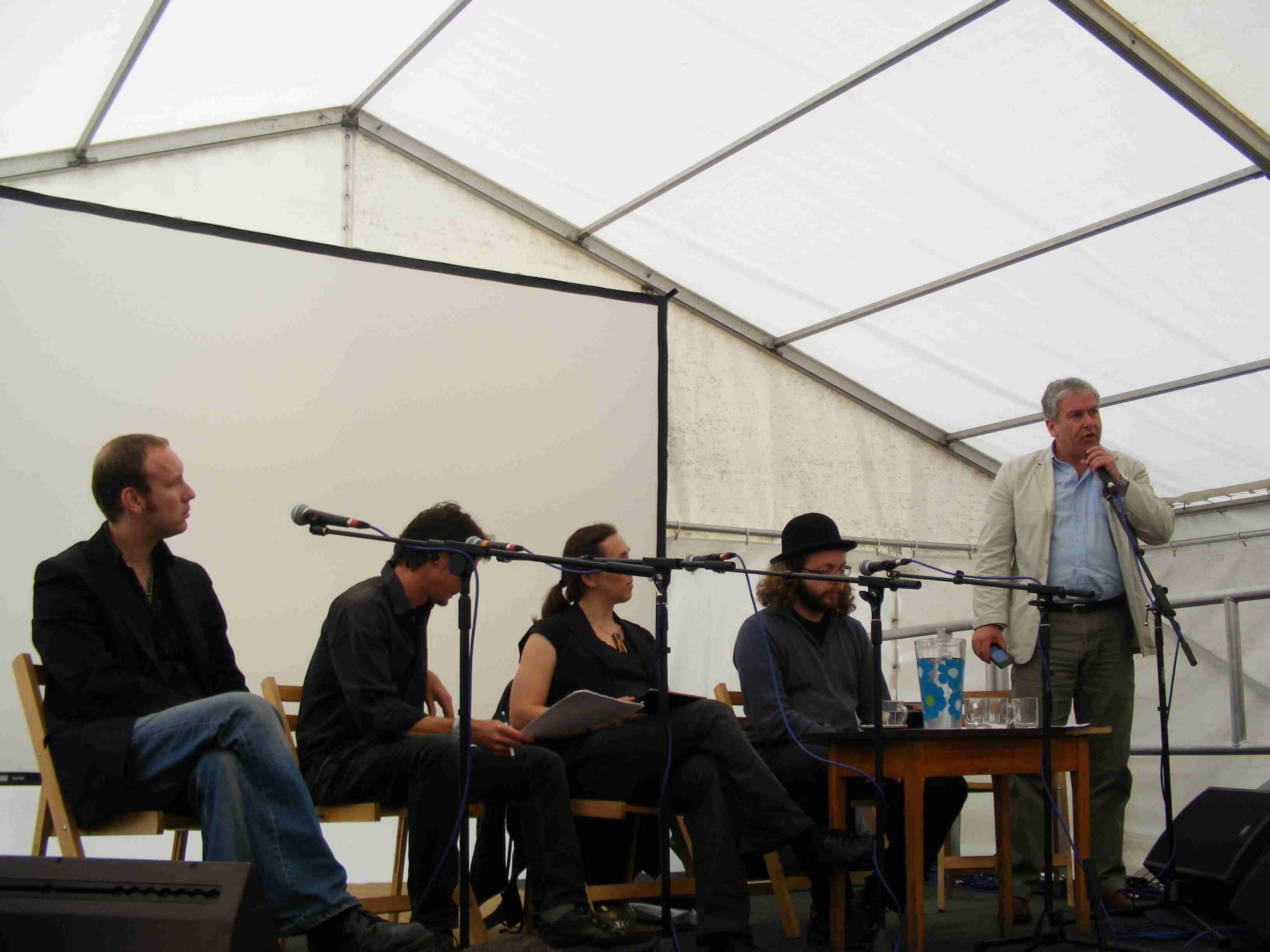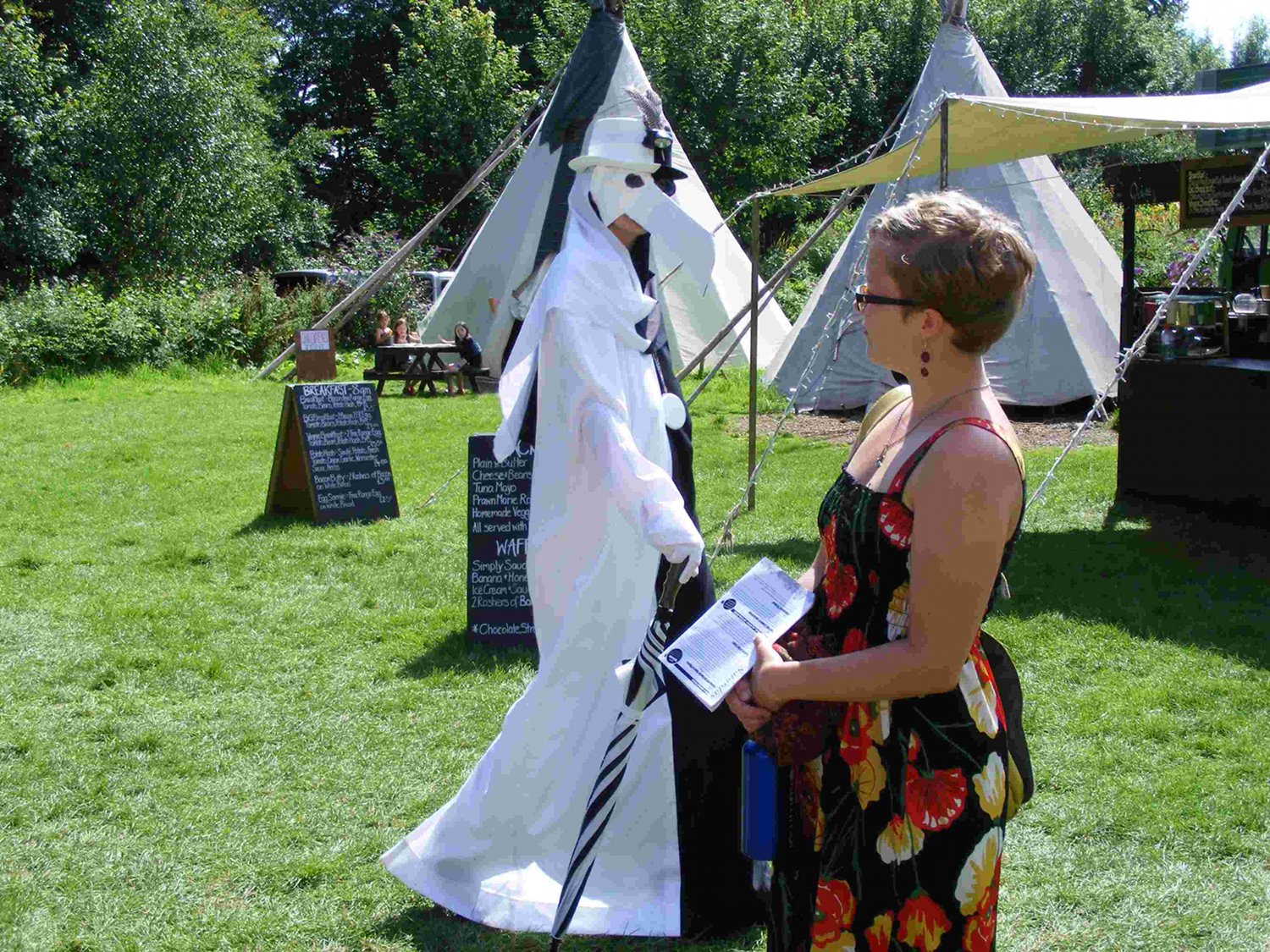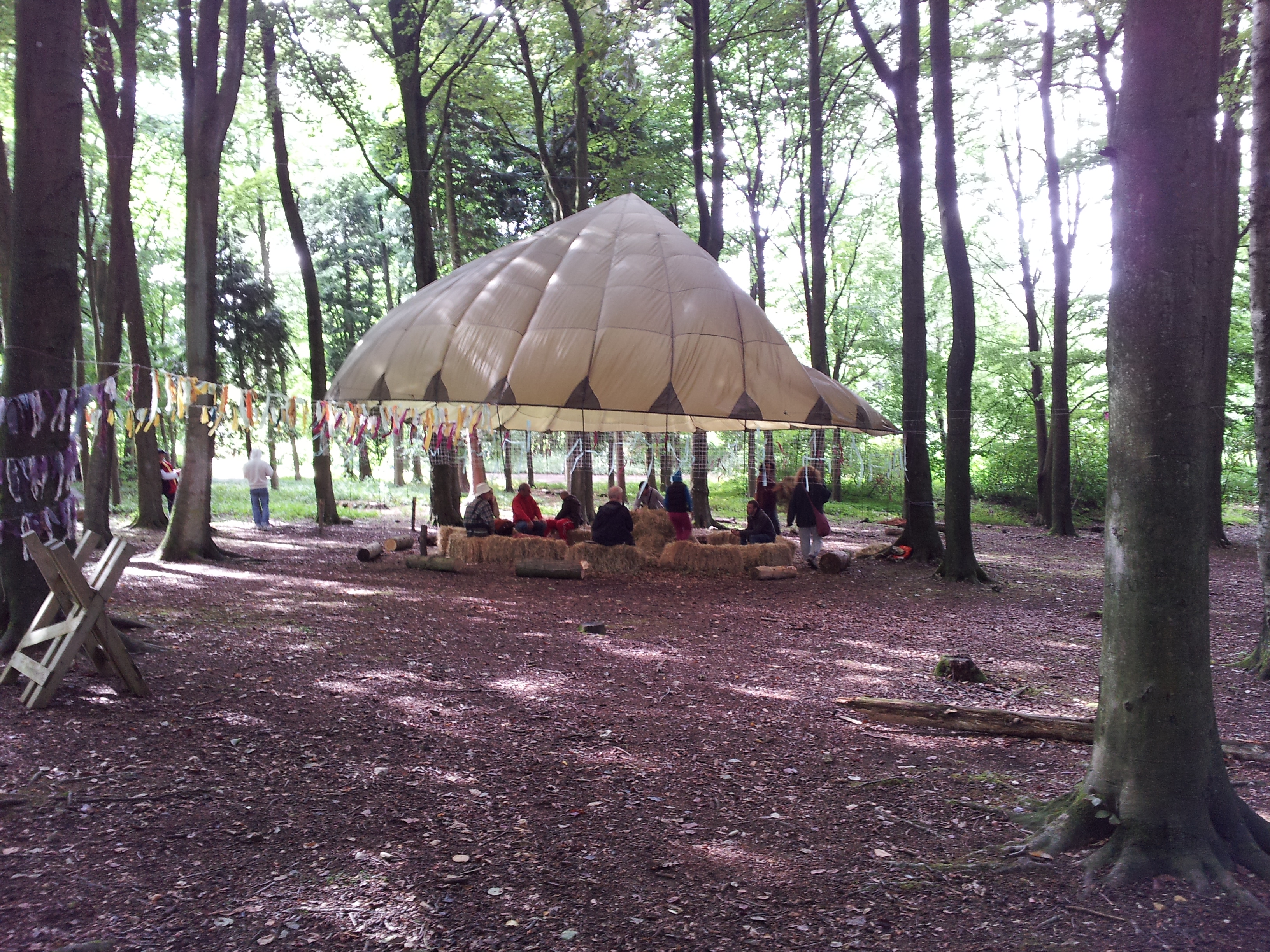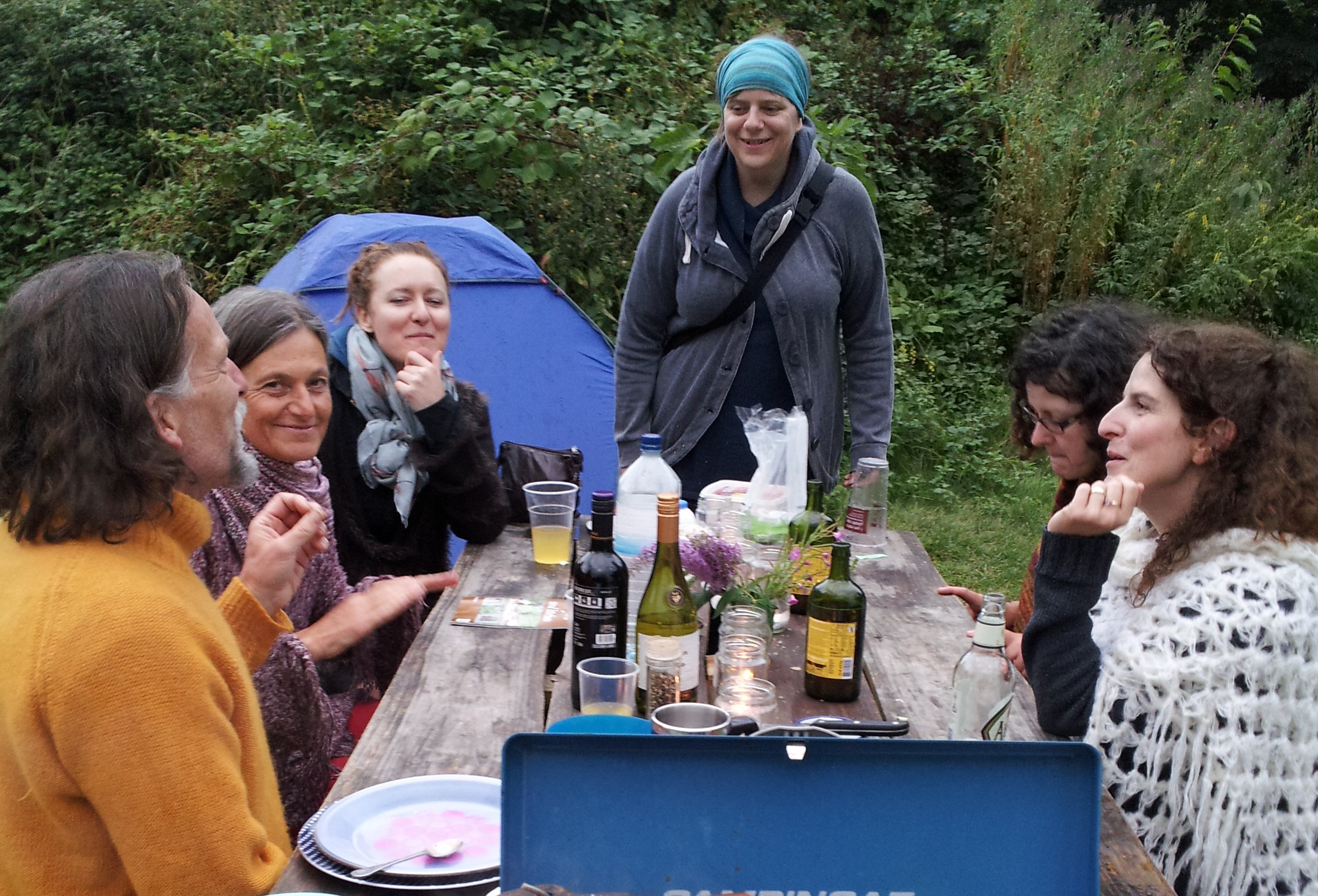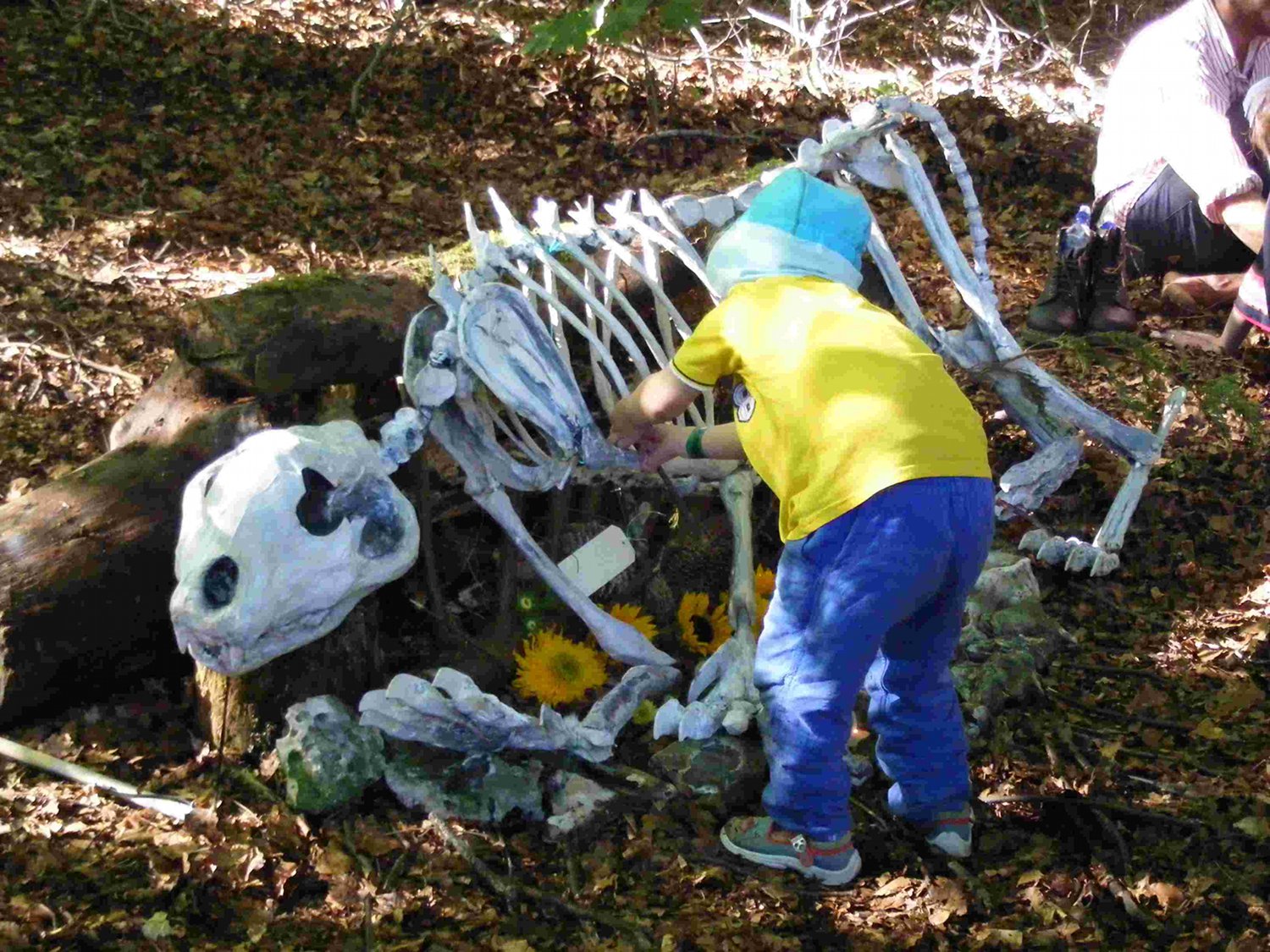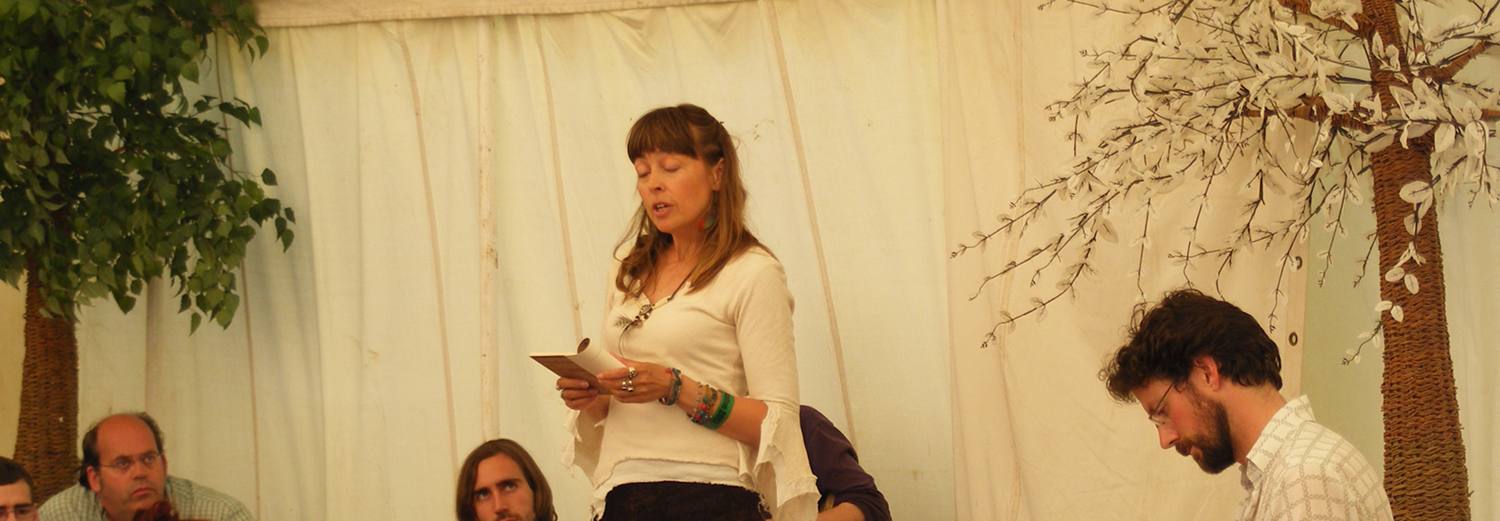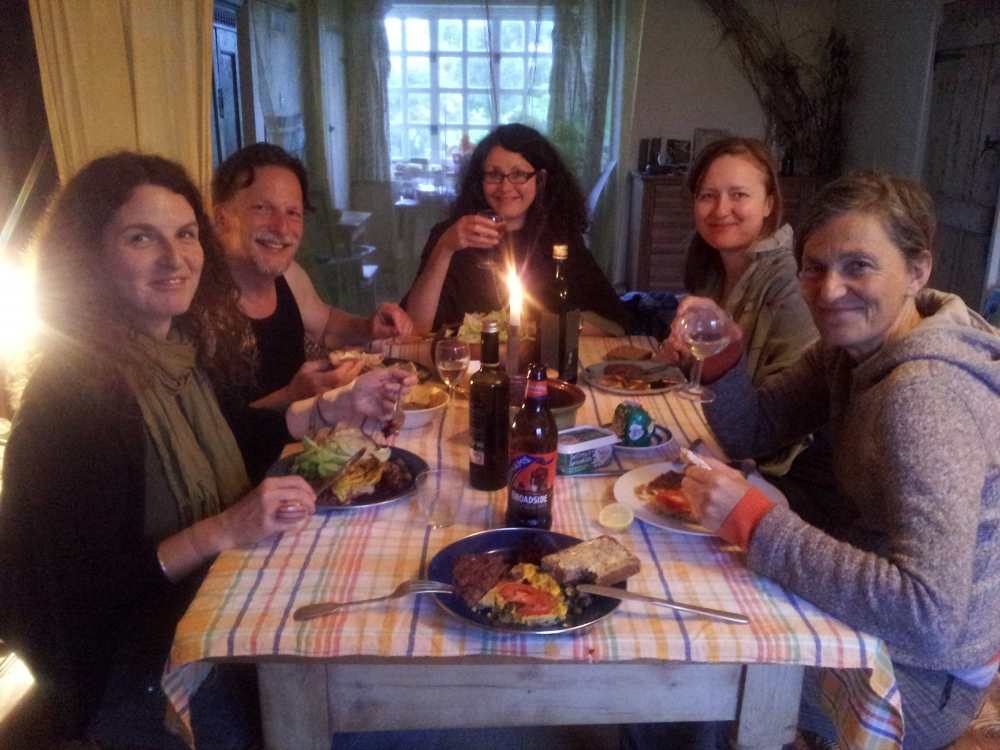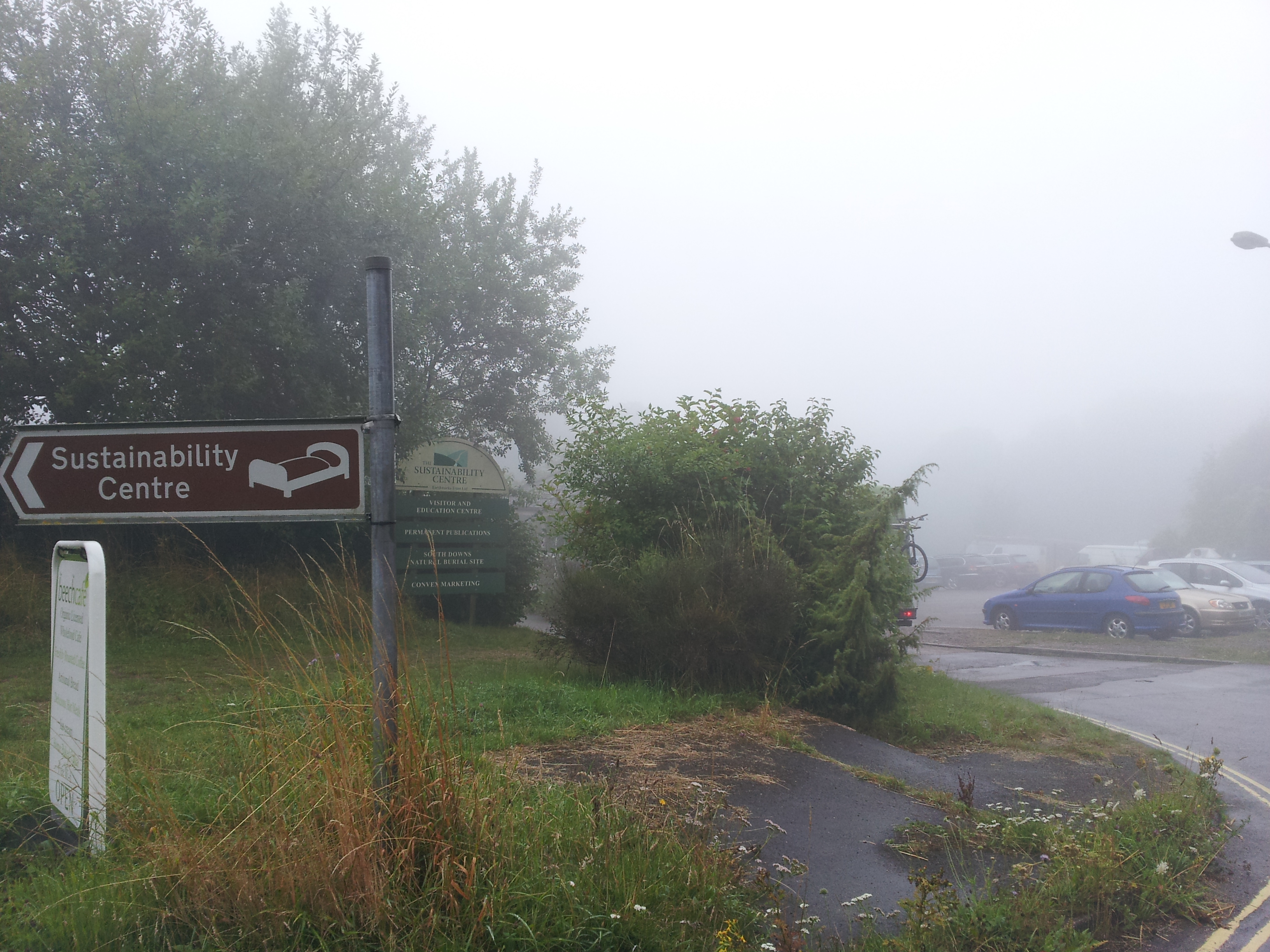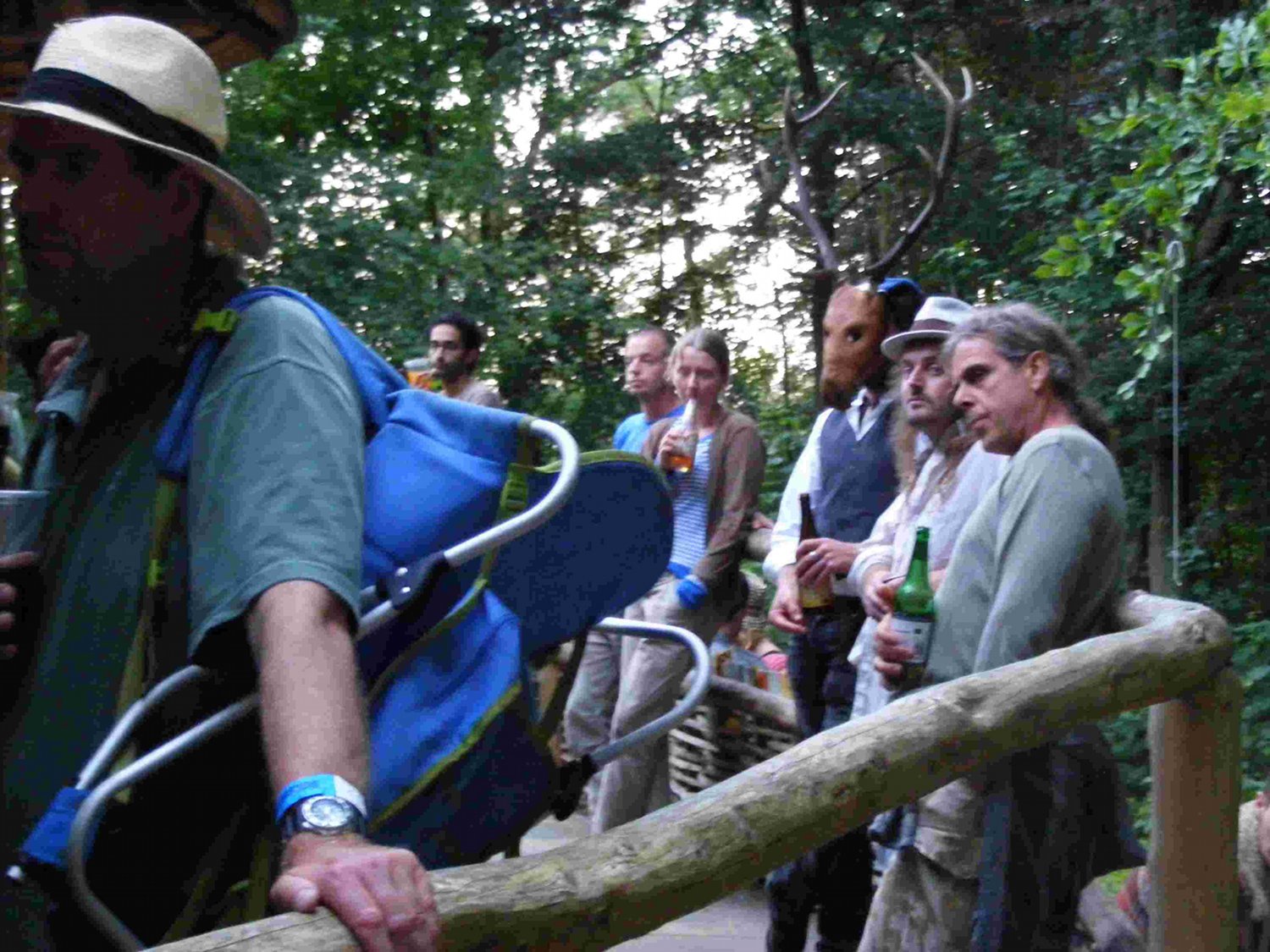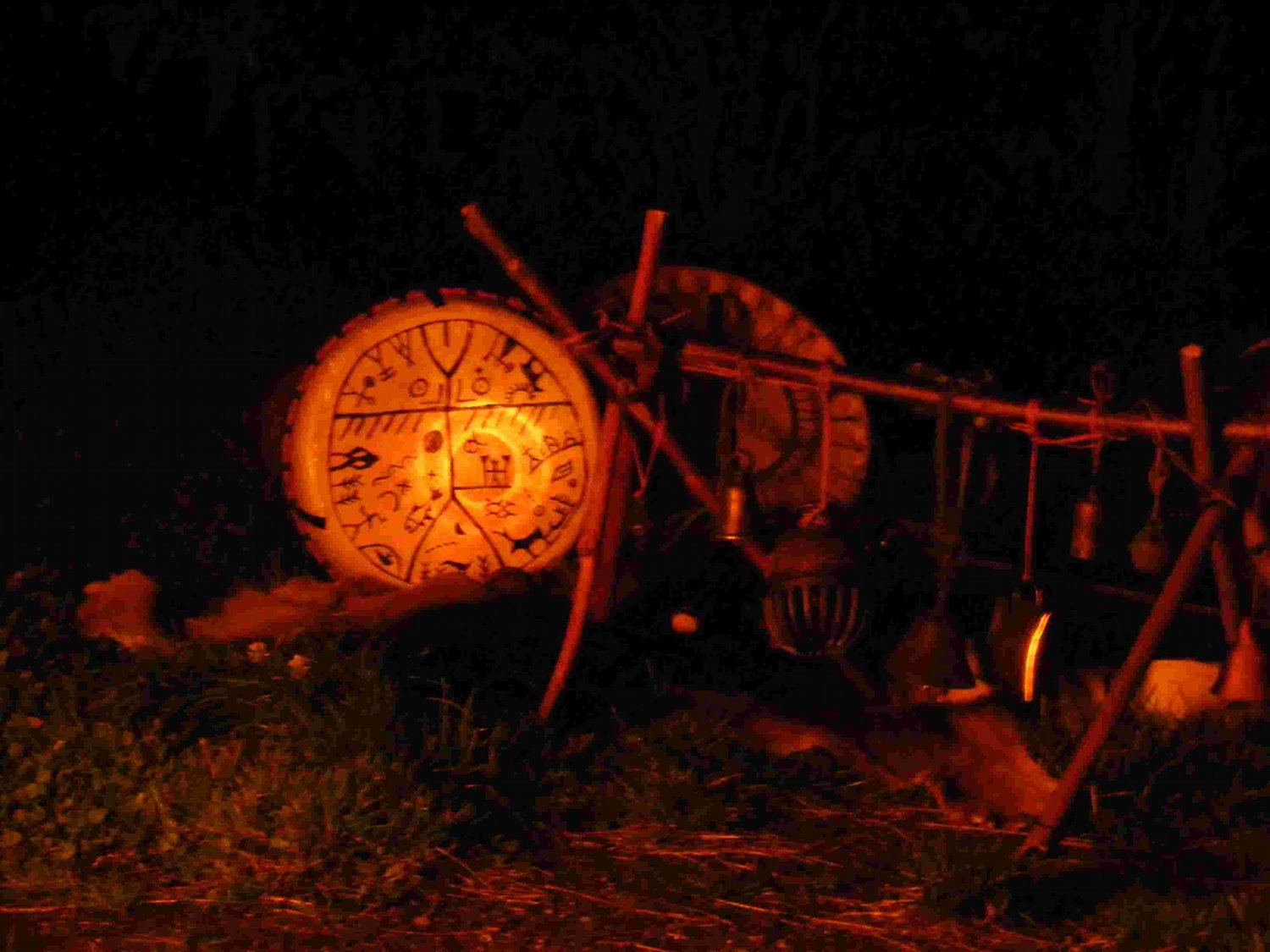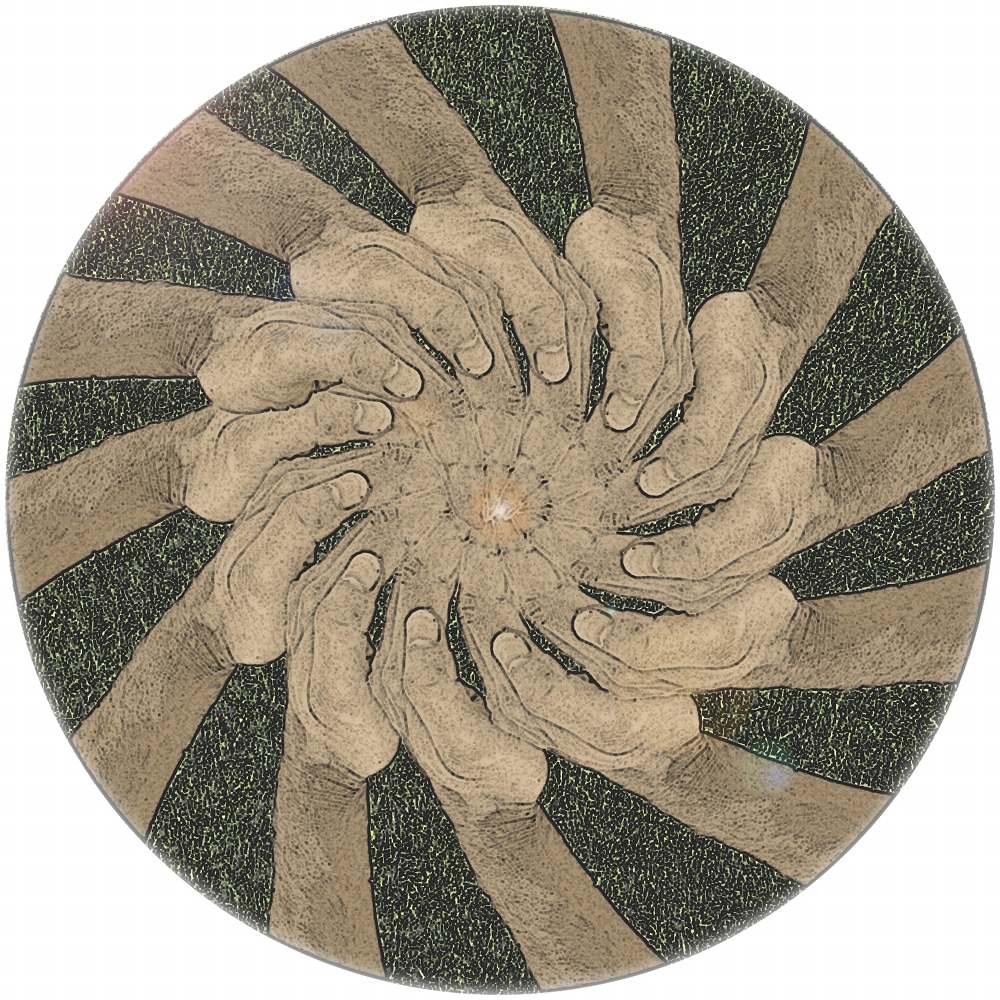In 2010 I started research on my doctoral thesis, which was set up to look at grassroots innovations and how they upscale and diffuse. I started homing in on narrative as an important factor in understanding the evolution of grassroots innovations – after all, it is the story about solar og wind energy that help these technologies take off more than the tech itself. I came to understand the work I was doing in this way: “Investigating how grassroots innovations constitute communities of interpretation, narrative-building and meaning-making opens up for better understanding how they generate change through (de)stabilisation of particular sustainability concepts and meanings. By seeding change in sustainability narratives, grassroots innovations are potentially not just building alternative networks and infrastructures but transforming the worldviews and ways of being which characterise unsustainability in the first place.”
Wanting to understand more about changes in worldviews and ways of being, I found the ideal network to inquire into: the Dark Mountain Project. Over two years I involved myself in the project as a researcher, I interviewed participants, went to festivals, set up a local group where I lived, wrote reflections and wrote some more. As I was getting deeper and deeper into the whole research it was clear that I was not just observing a case study, I was co-creating the narrative I was researching. This called for a methodology which allowed for my own involvement and I started thinking of this in emergent and developmental terms. The result was that I decided to make the research as transparent as possible and I wrote my thesis as a “virtual reality”. The thesis contains multiple layers of data and much of it is available online. Therefore the electronic version is hyperlinked throughout and all references link to the original source within and outside the document itself.
The thesis has three main parts:
- the theoretical basis for researching onto-epistemological change (ch. 1 and 2);
- a description of the methodological approach (ch. 3);
- an ethnographic study of the Dark Mountain Project (ch. 4-6).
During the research I maintained a webpage for the research, which contains my online diary, and I published reflections and interviews with participants in the Dark Mountain Project (archived here).
As I conclude in ch. 7, my thesis does not as much provide answers to how changes in worldviews occur as it presents a mode of theorising and shifting view which I stumbled into during the process of researching the thesis. I have been concerned more with accurate descriptions of what I experienced than extracting explanations. Reading the prologue and epilogue today, I see that I was also using the research as a testing ground to find my own ways “of becoming more of who we are”. Whether or not this research finds academic resonance, I hope it can be of help to anyone interested in “listening at the edge of their understanding” and living the big questions of our time now.
You can access the whole thesis here. I recorded a short presentation of my research at RGS 2014 and much later Ava Osbiston called me up to ask some questions for the Find The Others series on the Dark Mountain site.

